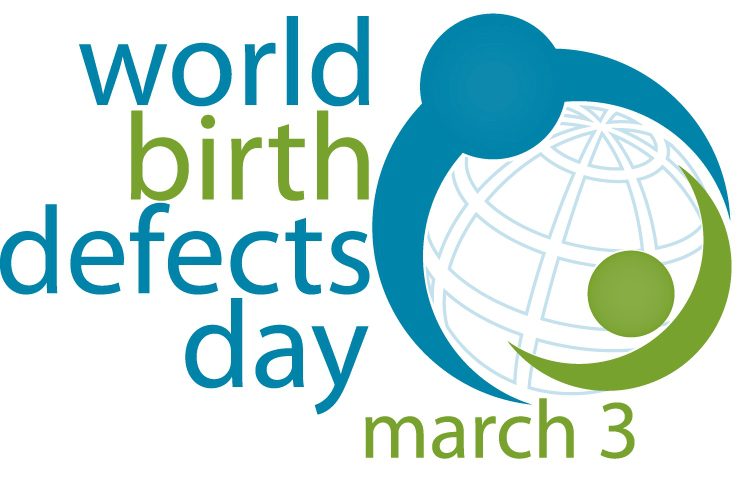The coronavirus disease (COVID-19) is an infectious disease caused by a new strain of coronavirus, SARS-COV2. This new virus and disease were unknown before the outbreak began in Wuhan, China, in December 2019. On March 11, 2020, the World Health Organization (WHO) declared the infectious disease outbreak as a global pandemic. A few days later community quarantine and outbreak prevention measures were implemented throughout the Philippines. Aside from fighting the infection, misinformation has also been recognized as a problem.
As of May 30, the Department of Health has reported and confirmed more than 16,000 cases and 900+ deaths in the country, while more than 5.9 million cases and 360,000+ deaths have been reported worldwide.
Series Episode 1: COVID-19 Overview (May 15, 2020)
The first episode of the series provided an overview of COVID-19 with Dr. Marissa Alejandria, Director of the UP Manila National Institutes of Health (NIH) Institute of Clinical Epidemiology and President of the Society for Microbiology and Infectious Diseases, as resource person. The following are excerpts from the interview.
What is COVID-19 and what are its symptoms?
COVID-19 is caused by SARS COV2 virus. It usually starts as a mild illness which can progress to moderate (mild and moderate~80%), severe (15%), or critical stage(5%). Symptoms are variable and may include fever, cough, sore throat, headache, muscle pain, diarrhea, or loss of smell and taste. In moderate cases, there will be additional shortness of breath and pneumonia that can be seen on X-ray. In severe cases, difficulty in breathing worsens and may need ventilatory support in an ICU. When patients deteriorate, like needing dialysis, they are in critical stage.
How does the virus spread from one person to another?
It mostly spreads from person to person among close contacts through infected respiratory droplets that come out during coughing, sneezing, or talking/singing. Some of the virus settle on surfaces and can be introduced to the mouth, nose, or eyes by hands that touched those surfaces. These are the reasons why it is very important to maintain physical distancing, wear mask, properly cover cough and sneeze, and wash hands frequently.
What is the presymptomatic period in this infection?
The virus starts being shed two days before there are any symptoms and can already infect others; but transmission is high when symptoms are manifest. Physical distancing and mask wearing are therefore important to protect contacts during this presymptomatic period when there are no or just mild symptoms. Washing of hands is also very important at this time to prevent contamination. When exposed to an infected person, the contact may develop symptoms 2 to 14 days after, average of 5-6 days.
The last pandemic was the Spanish flu of 1918. What can we learn from it?
The Spanish flu of 1918 and the COVID-19 are both pandemics, able to spread across continents; and both have no treatment or vaccine (so far for COVID-19) which led to lives lost, 50-100 million for the Spanish flu. To control that pandemic, quarantine and isolation measures were also implemented. It lasted till 1920 because there was a second wave after the quarantine measures were lifted. We have to learn from this. We have to calibrate our responses in terms of the quarantine measures or the non-pharmaceutical interventions that we are implementing now to contain and mitigate this pandemic.
As an infectious disease specialist, what are your messages for the general public?
For the general public, we need to lead a healthy lifestyle; and for us to control this pandemic, discipline and cooperation in implementing personal protective measures are paramount. These are physical distancing, hand hygiene, proper cough etiquette, and not stressing ourselves with misinformation. We need to be responsible, listen to credible sources, and not be tempted to spread fake news.
Series Episode 2: Protecting One's Self (May 24, 2020)
Episode 2 in the COVID-19 series tackled the topic Protecting One’s Self with Dr. Regina Berba, chair of the PGH Infection Control Unit as resource person. The following are some of the myths on COVID-19 being perpetrated on social media that Dr. Berba emphatically disproved.
TVUP (TVUP.ph) is an Internet television (webcast) network operated by the University of the Philippines which delivers free content for information and educational purposes. TVUP also airs the #stopCOVIDdeaths webinars organized by UP in partnership with the National Telehealth Center-NIH, UP Manila and PhilHealth. Videos of TVUP programs are available in Youtube. (RPascual)
______________________
This article was prepared using excerpts from the UP Manila newsletter, "Healthscape"














